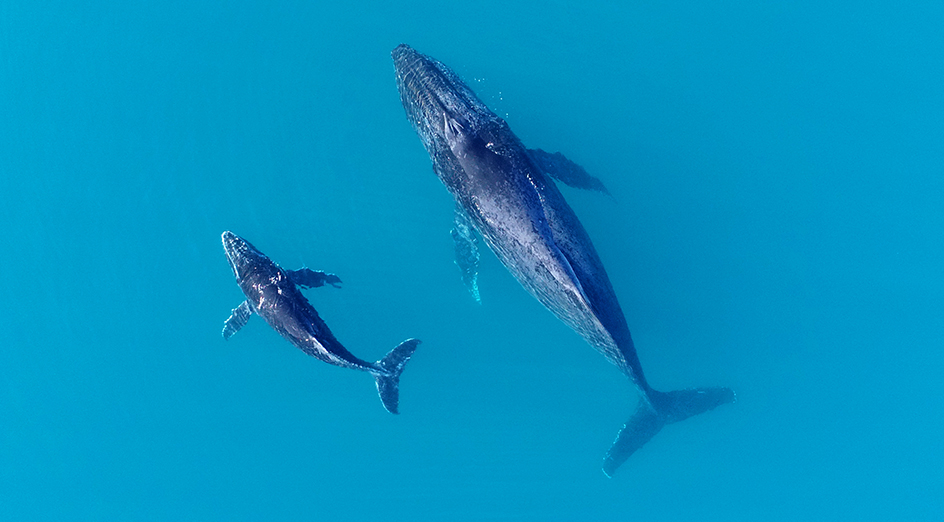Carlos Talavera-López has recently been appointed junior professor of systems immunology at the University of Würzburg. His special focus is on the processes inside the cell. For this, he relies on deep learning methods.
Carlos Talavera-López is an expert in computational biology, machine learning and medicine. In his role as a clinical scientist, he most recently conducted research at the Institute for Computational Biology, Helmholtz Munich, and the Department of Infectious Diseases and Tropical Medicine at Ludwig-Maximilians-University Munich.
Now, as an assistant professor at the Department of Systems Immunology at the University of Würzburg (JMU), he combines different computational approaches to elucidate the cellular circuits of immune cells in health and disease.
During his postdoctoral training, Dr Talavera-López worked with statistical and deep learning methods and combined them with spatially resolved single cell technologies. This combination enabled him and his colleagues to decipher the cellular circuitry of immune cells in the adult human heart and uncover their potential changes in these functions during heart tissue repair.
As a junior group leader at Helmholtz Centre Munich, he applied deep learning methods to elucidate cell-cell interactions and metabolic activities during inflammation and tissue repair using spatial transcriptomics.
Research on immunology, infection biology and chronic inflammation
“In my new role as assistant professor, my lab is blazing a new trail,” says Talavera-López. “My team and I will use cutting-edge technologies and methods to study immunology, infection biology and chronic inflammation in more detail.”
He will initially focus on two main research areas: First, together with his team, he wants to understand how genome plasticity controls host and pathogen adaptation during the course of infection. Secondly, the scientists will investigate the dynamics of cellular communication, transcriptional regulation and metabolism during development in different organs and species.







